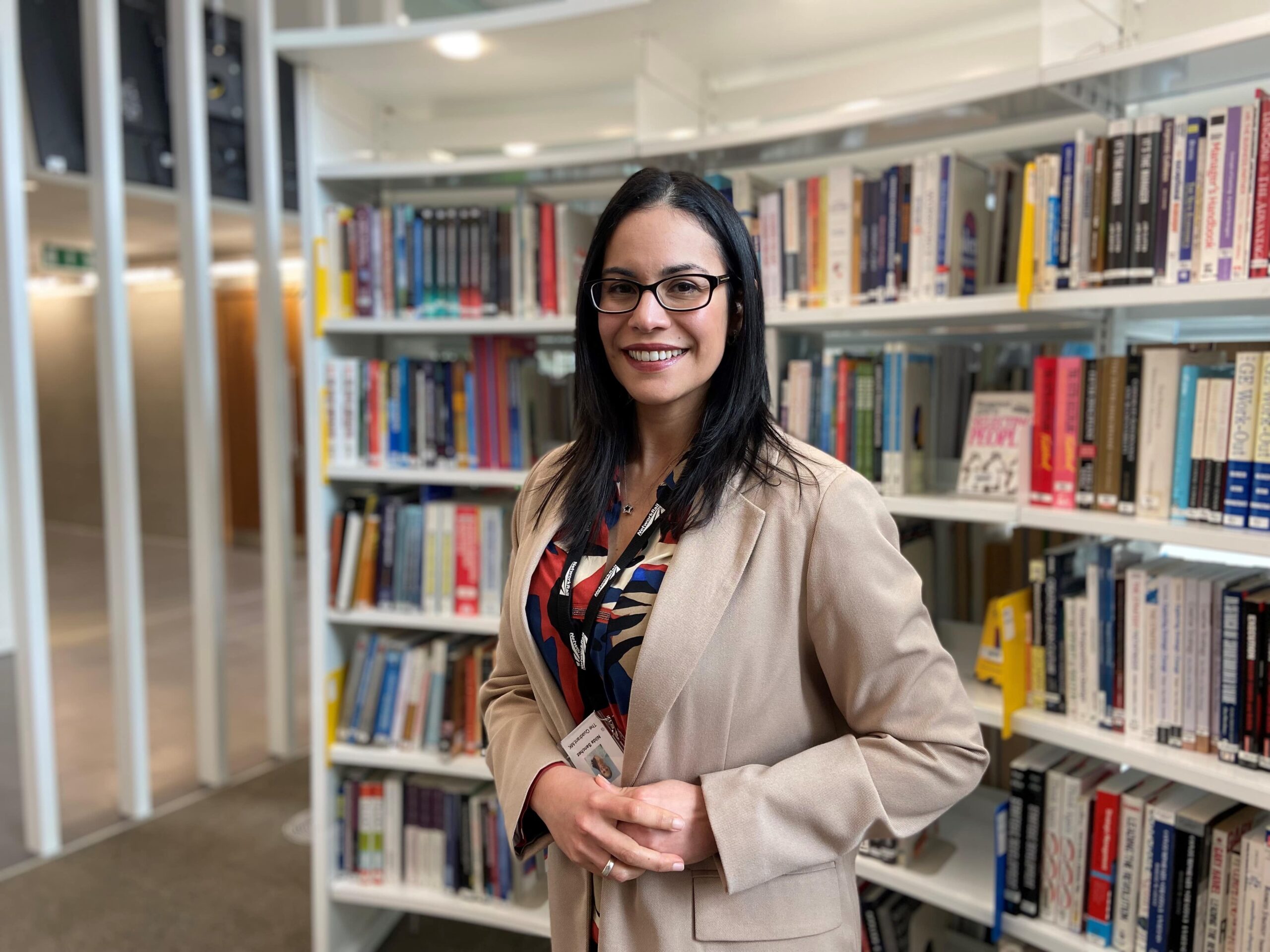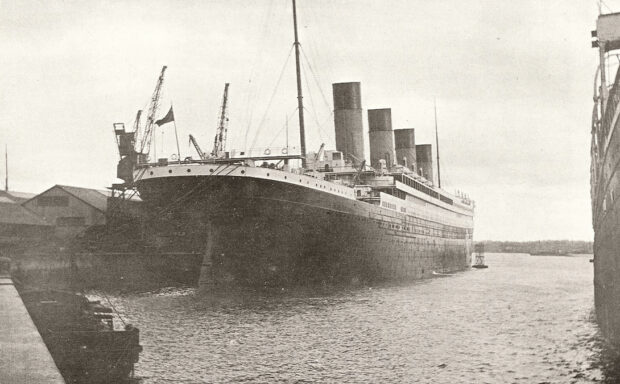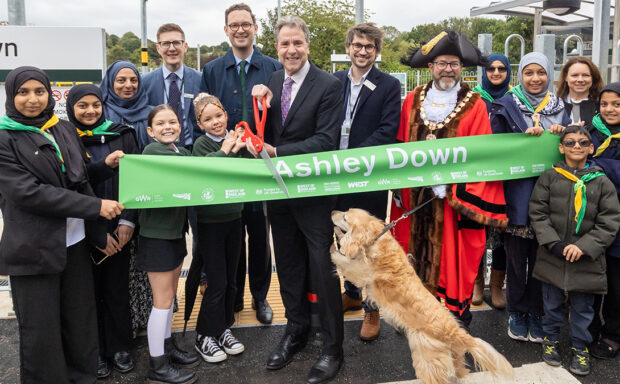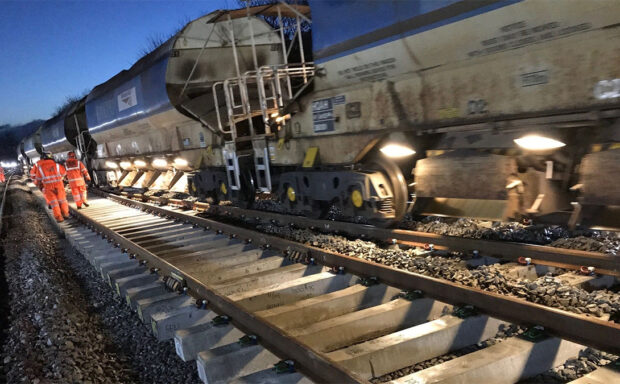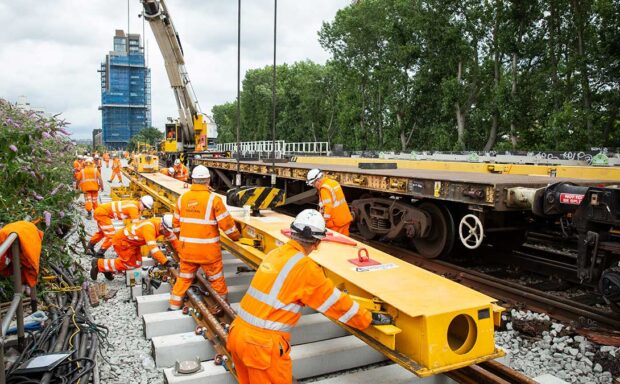Ahead of this International Women in Engineering Day we find how senior engineer Nilda went from sandcastles in Venezuela to investigating Britain’s railway nationwide.
What’s your job?
I’m senior engineer in Technical Authority, specifically within the Mechanical and Electrical Engineering team.
How long have you been at Network Rail? What was your first job here?
Seven years now, time really flies! My first role in Network Rail was as a project engineer in IP Central, delivering projects for LNW-North & South and East Midlands Routes.
Why did you decide to become an engineer? And how did you do it?
As a child, I remembered seeing my dad fixing his car all the time! I used to watch him and also help him (as much as I could).
Looking at him fixing his car and other things at home, created in me an interest to learn how things work, how things break but also how they could be fixed.
Later on, I was influenced by a close cousin of mine who was studying engineering and, as a curious child, I asked him all about it. When he explained to me what engineering was and how engineering would give me the opportunity create, innovate and solve problems, I felt a huge passion for it.
Why should future engineers be excited about the sector in the next 10 years?
Technology! We’ve seen how technology has changed the way we live, and how it has helped to improve of live style. We need fresh, forward thinking and empowered minds to help that development and improvement.
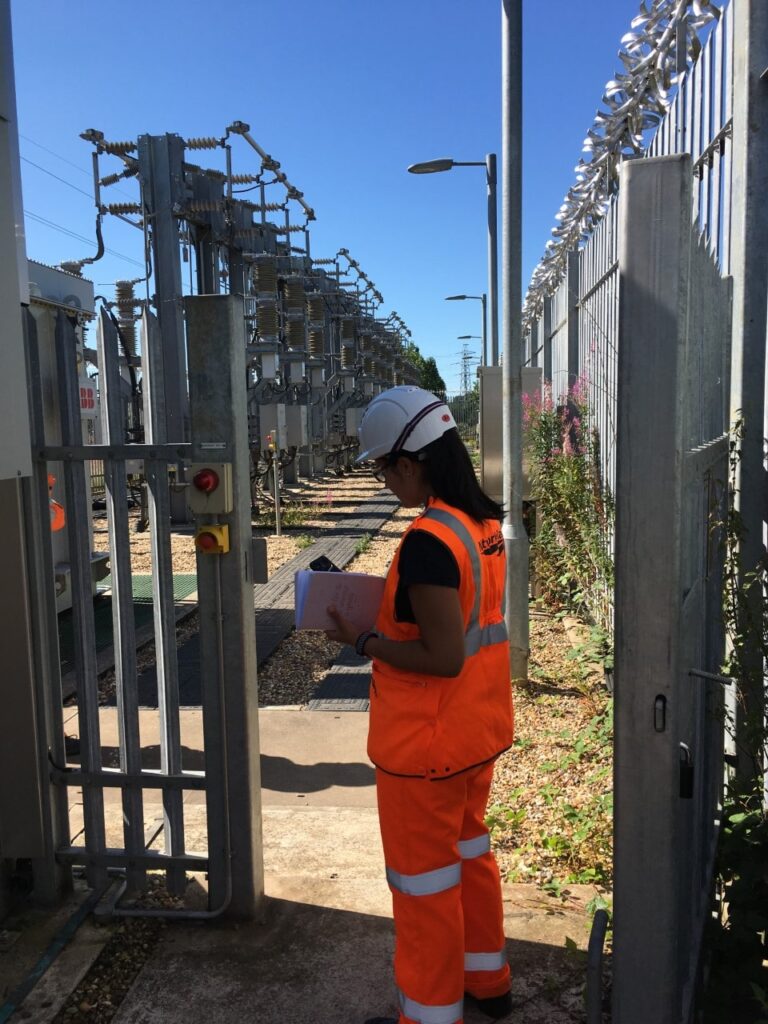
What do you wish you had known about careers at school?
I would’ve liked to know what career options were available to me and how broad the engineering field was.
I was aware about the most common careers, but I would say I didn’t know all the options available. It’s a big and important milestone to decide what to study or what to do, and the first job isn’t the necessarily a forever job.
It’s important to take your time and to think what you want to do, and most importantly, to ask for help and support if you need it.
What’s the first thing you ever built?
Coming from Venezuela, South America, my family and I used to go to the beach very often. I would say the first thing I ever built as a child was a sandcastle. It wasn’t only digging a hole and building it, it was a whole process to determine the best location, the size, the shape, every detail was important to have a strong and robust sandcastle.
More related to my career, I was very excited when I was about seven years old and I built an electrical circuit to power on a light bulb, including the relevant switch. I didn’t have Internet at the time, so it was a practical exercise following guidance and some instructions from my dad.
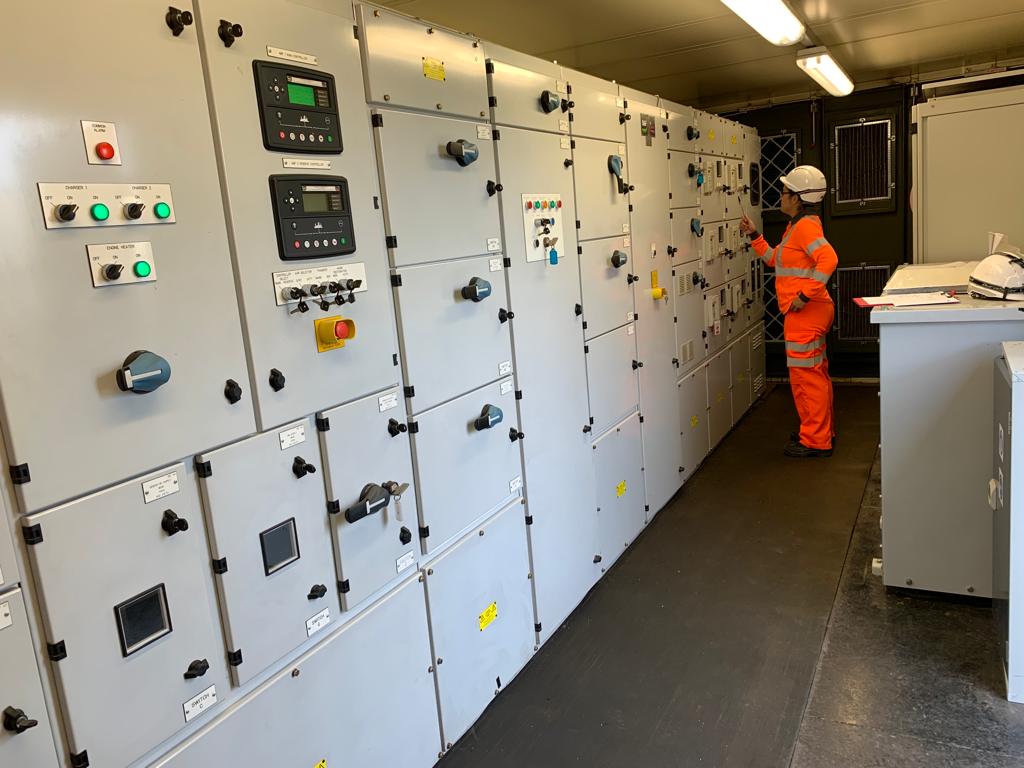
What was your favourite subject at school?
Definitely physics. I remember, like it was yesterday, when I learned about the magnetic fields in magnets. When the teacher used a ferromagnetic material, at the moment the teacher used iron, to demonstrate the force of attraction and repulsion exerted by the magnetic fields I was super impressed and it made me understand why some materials could remained attached to each other and other couldn’t.
Why would you tell a young person STEM is exciting?
Science, technology, engineering and maths (STEM subjects) will give you the opportunity to learn at young age the basic concepts which explain how things work, giving them a diversity of options to choose from when it comes to choosing a career. It focusses on hands-on and practical activities with real-world applications that would help you to develop skills and explore your creativity.
What would you tell a young person who doesn’t think engineering is for them?
It might not be …. but it might be! Engineering is one of the most exciting fields in the world, where you can use your creativity and imagination to build the things that you want, and you can change the world.
So give it a go before making the decision that it’s not for you.
This year’s theme for International Women in Engineering Day is ‘embrace equity’. What does that mean to you?
For me, equity is the ability to give everyone what they need to be successful. We can give everyone opportunities in the same way but in order to really support them, we have to identify and fulfil their needs individually.
What advice would you give to a young person who’s finding their engineering career challenging?
Engineering is a broad and challenging field. Sometimes, you could find yourself in difficult situations. Be patient, don’t give up and find some help and support. Finding a mentor is always a good option.
Which project are you most proud of in your career to date?
When I was in the oil and gas industry, in offshore applications, I developed a new method to detect electrical faults within the vessel’s power system. I’m very proud of that achievement.
More recently, within Network Rail, I led a nation-wide failure investigation that was affecting different regions. I liaised with different teams within the company and also with third parties until the root cause of the issues were identified and the relevant rectification was completed.
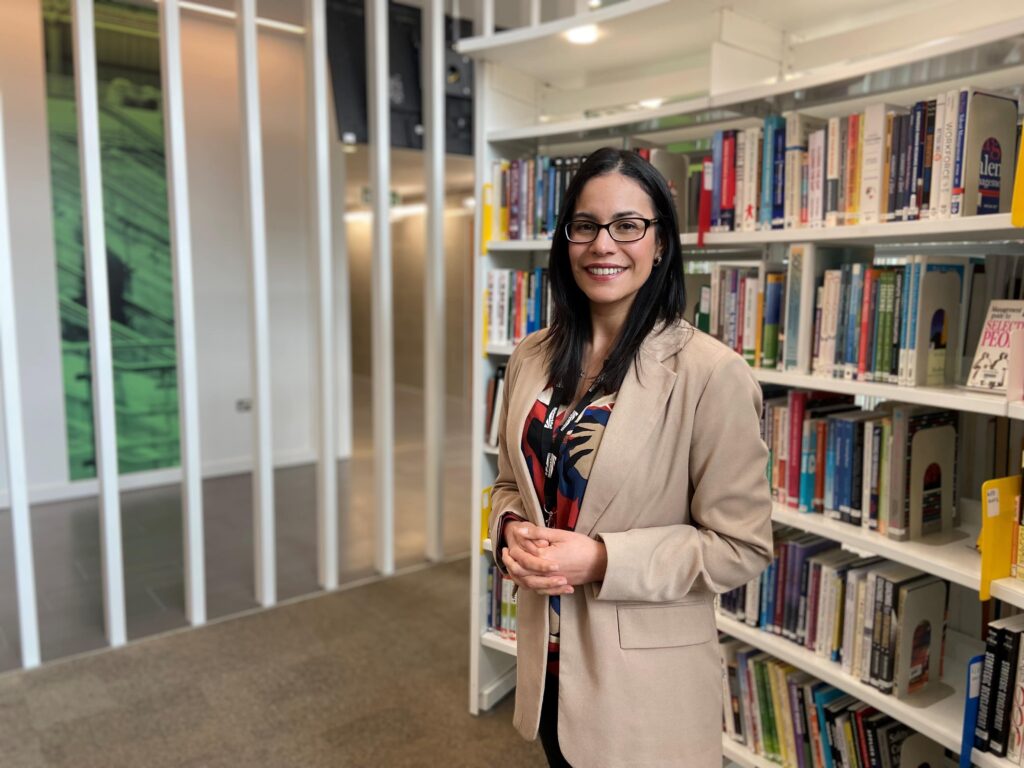
What’s been your high point?
I believe I’m in my high point at the moment. I’m currently participating in leadership team meetings and stepping in on behalf of my line line manager when required.
What are your plans for the next 12 months? Do you know what you’ll be working on?
I’m currently working in different business strategies that I hope to see them materialise in the next 12 months.
I’ve also been working very hard to move forward in my career. I’ve been taking new responsibilities within my team, supporting the development of other members of my team and I recently completed the Network Rail Leaders program.
Becoming a principal engineer within the Technical Authority team is the next step in my career development, and I hope to be there within the next 12 months.
